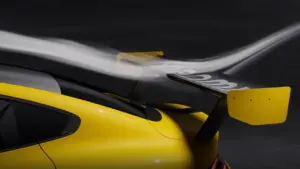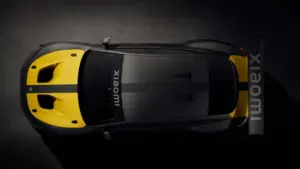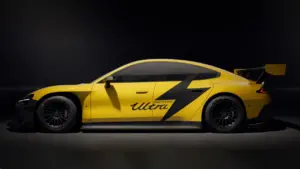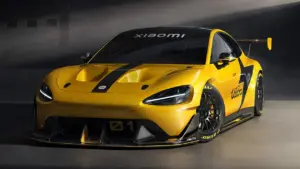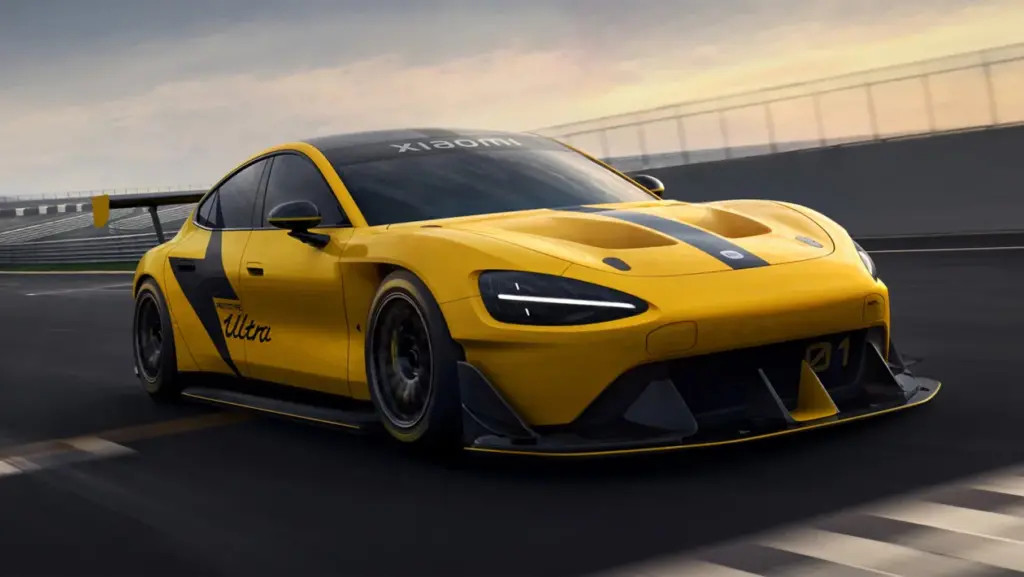
High-performance electric saloons are all the rage, with the Porsche Taycan and Tesla Model S Plaid leading the charge. But a new contender has emerged in the form of the Xiaomi SU7 Ultra.
Earlier this year, Chinese tech giant Xiaomi unveiled the Tesla Model 3 rival, the SU7 saloon, which secured over 75,000 sales within just 28 days. Now, a new prototype version, the Ultra, looks set to challenge the fastest EVs on the market.
Xiaomi claims the SU7 Ultra can sprint from 0 to 100 km/h in a staggering 1.97 seconds and reach a top speed exceeding 350 km/h, compared to the standard car’s 210 km/h limit.
To achieve this blistering straight-line speed, Xiaomi has equipped the SU7 Ultra with a tri-motor electric motor system. The two larger motors are named ‘V8s’ and the smaller one ‘V6’, producing a combined output of 1,526 hp (1,138 kW). While the battery powering the SU7 Ultra remains unconfirmed, it’s likely to be the same 101kWh unit found in the SU7 Max.
The Ultra boasts an upgraded braking system to match its extra power. Six-piston AP Racing calipers and large ventilated discs provide exceptional stopping power. Xiaomi claims that when combined with the regenerative braking force of the electric motors (0.6G), the Ultra can achieve up to 2.36G of deceleration.
Xiaomi’s CEO, Lei Jun, announced on social media that the Ultra will attempt to conquer the Nürburgring, aiming to beat the Porsche Taycan Turbo GT’s lap record of 7:07:55. Not only is this 400 horsepower more potent but also 334 kg lighter at 1,900kg. This weight reduction is attributed to a carbon fibre body, composite chassis components, and interior weight-saving measures, such as removing the air conditioning.
At 350 km/h, the Ultra will produce 2,145kg of downforce thanks to a massive fixed rear wing, an aggressive rear diffuser, open wheel arches, and a front splitter that channels air through the hood.
While a Nürburgring attempt is expected in October, Xiaomi remains tight-lipped on production plans, referring to the car as a “prototype.” Chinese manufacturers have tackled the “Green Hell” before, most notably Nio’s EP9 electric hypercar in 2017, which achieved a time of 6:45.9 seconds, though using non-homologated tyres, disqualifying it from the coveted production car lap record.

